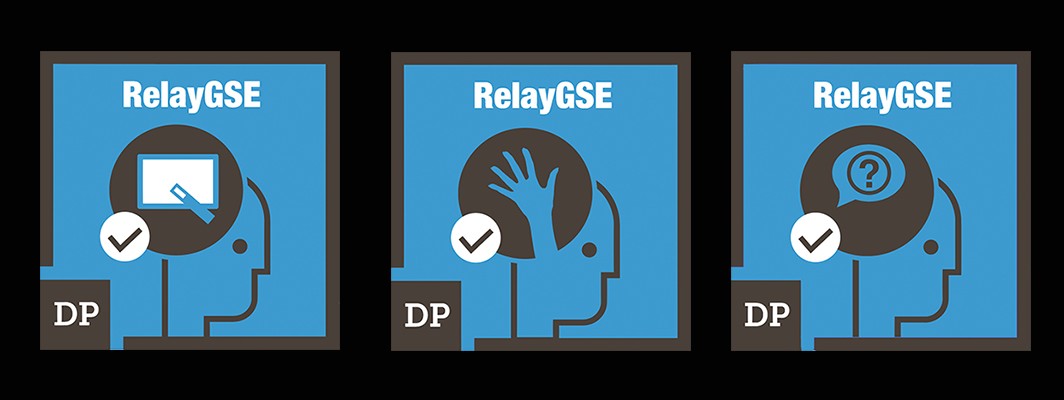
Consider a principal hiring a new teacher. Beyond scanning candidates’ resumes and extrapolating effectiveness from one interview and sample lesson, how can a principal quickly and confidently identify those candidates best prepared to lead their students to success? Or fill a specific need on the faculty?
Or consider an academic dean observing two teachers at his school with markedly different performance, and consequently very different professional development needs. How can this dean more effectively personalize professional development to meet each teacher where they are and help them get to where they need to be?
These two examples highlight some of the key limitations of today’s “seat-time” centric models for teacher professional development. In contrast, imagine a world where educators may be immediately and widely recognized for specific knowledge, skills, and mindsets that they demonstrate in transparent, competency-based ways.
Micro-credentials, which provide recognition for these concrete competencies in the form of digital badges, could help facilitate this shift. I’m not saying we need to supplant the current world of certificates and degrees. In fact, I see the systems as complementary. Certificates and degrees still matter — in fact, these achievements also represent thoughtful sets of specific competencies that would be widely understood and recognized by the profession. Educators would not only have the traditional acknowledgement, but they would also have a portable, evidence-based way to showcase their specific knowledge and skills.
By validating educators’ skills through self-curated and assessed evidence, micro-credentials would not only complement today’s systems of certifications, but could create new proficiency-based specializations. For example, educators could select a particular set of micro-credentials that will help develop and highlight their particular areas of interest or strength. Imagine a world where an educator who spent years learning the nuances of data literacy could clearly signal that expertise to their colleagues, employers, and others.
At the Relay Graduate School of Education, along with a broad set of other institutions and organizations, we have created sets of micro-credentials that promote educator career development and better recognize the professional development investments educators make.
Over the last several months, we have created 14 micro-credentials: 10 on data literacy, and another four related to the critical educator skill of checking for understanding.
Through this design work, we’re learning a few lessons:
It is not much of a stretch to imagine a world where graduates of Relay (and other programs!) not only earn a teaching certificate or a master’s degree, but simultaneously earn 35 micro-credentials along the way. Enrolling in such a program could provide educators an efficient and more structured way to engage in competency-based learning. Alternatively, educators could also earn micro-credentials through personal study, professional learning communities, or a personalized development plan created in partnership with a coach.
Many pre-K through 12 districts are doubling down on personalizing instruction and focusing on mastery of key competencies with our students. We should simultaneously imagine a similar world for our educators. Micro-credentials provide exactly this opportunity.